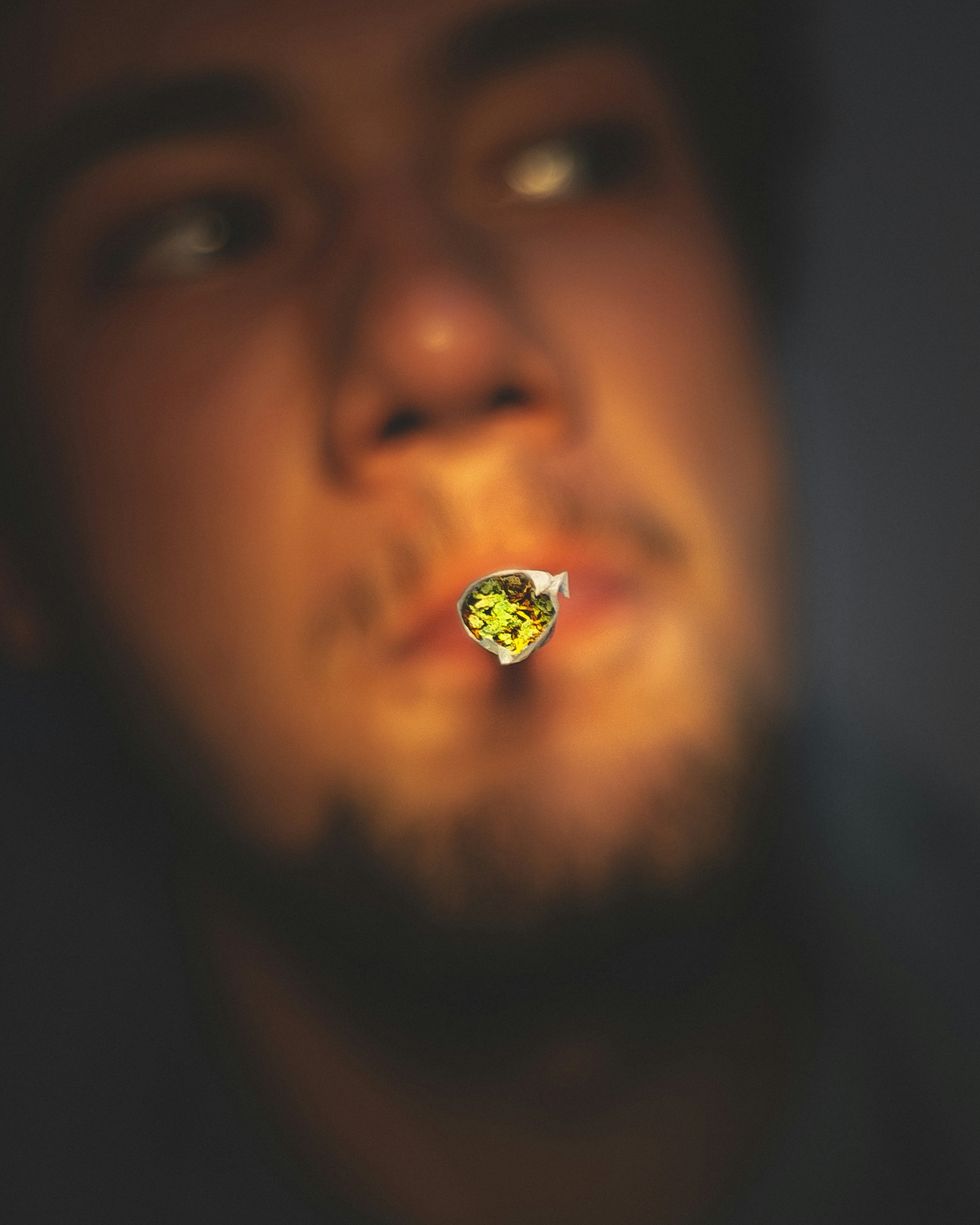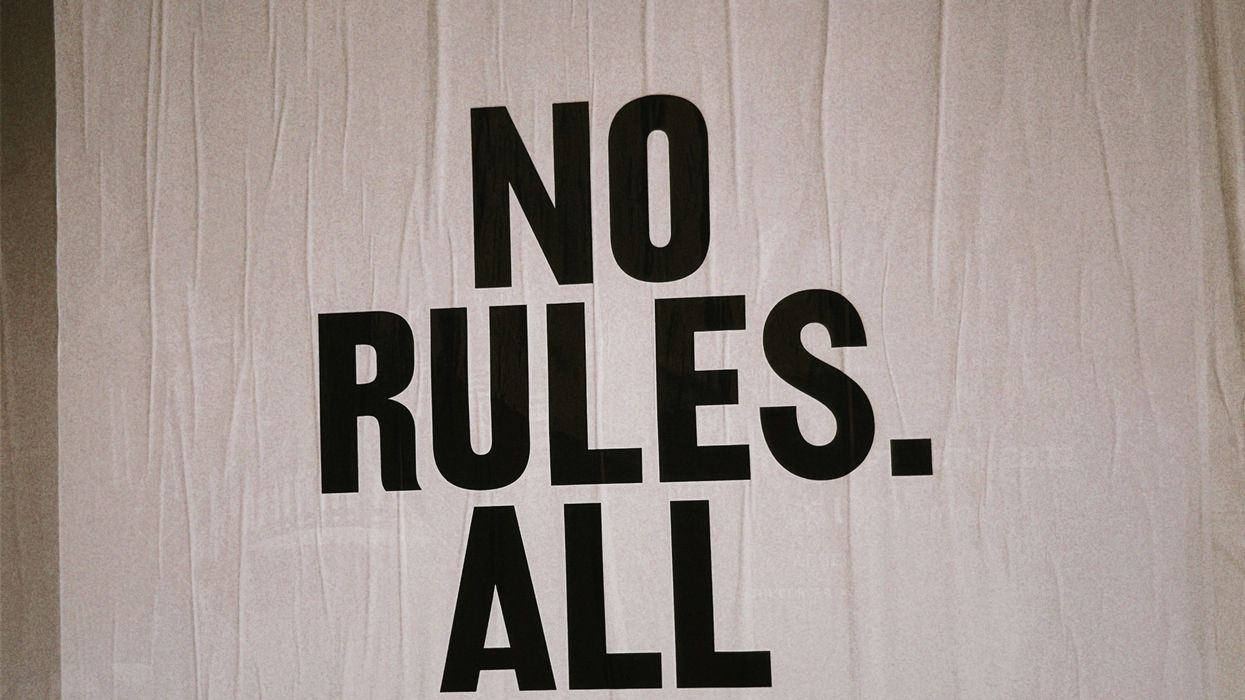Kanye West, aka Ye, isn’t just trending—he’s unraveling in real time. And instead of intervention, we get viral clips, condemnation, and an audience watching a man self-destruct. His latest stunt? Airing a Super Bowl ad promoting a swastika-emblazoned Yeezy shirt on his site—a move so blatantly antisemitic that even the most die-hard supporters had to step back. This act garnered significant media coverage, leading to brands cutting ties and agents dropping him. His social media account faced scrutiny and was ultimately deleted after a history of controversial postings. But here’s the problem: canceling Kanye doesn’t fix Kanye.
At this point, the question isn’t whether his actions are inexcusable (they are). The question is, what happens when one of the world’s most influential figures is also one of the most untreated cases of mental illness in pop culture history?
We’ve tried outrage. We’ve tried exile. Maybe it’s time we try science.
Lamar Odom: Kanye West, Using Ketamine and Mental Health Wellness.👀🙌🏾
Lamar Odom speaks about his closeness to Kanye West and the importance of mental heath wellness. #PeoplesParty #MentalHealth
Early Life and Career
Kanye West, an American rapper, was born on June 8, 1977, in Atlanta, Georgia, but it was in Chicago, Illinois, where he truly found his rhythm. Growing up in a household that valued education and creativity, Kanye was influenced by his mother, Donda West, an English professor, and his father, Ray West, a photojournalist. This unique blend of intellectual and artistic stimulation set the stage for his future endeavors.
From a young age, Kanye was drawn to music, and by his teenage years, he was already producing beats and honing his craft. His passion for music was so strong that he decided to drop out of college to pursue it full-time—a decision that would later become a defining part of his identity. As a record producer, Kanye made significant strides at Roc-A-Fella Records, where he produced tracks for heavyweights like Jay-Z and Alicia Keys. His innovative production style quickly garnered attention, setting the foundation for his illustrious career.
Rise to Fame and Debut Album
Kanye West’s big break came in 2004 with the release of his debut album, “The College Dropout.” This album was more than just a collection of songs; it was a statement. With its blend of soulful beats, intricate lyrics, and thought-provoking themes, “The College Dropout” was both a critical and commercial triumph. It catapulted Kanye into the limelight, establishing him as a rising star in the hip-hop world.
But Kanye didn’t stop there. He followed up with albums like “Late Registration” and “Graduation,” each one pushing the boundaries of what hip-hop could be. His innovative production techniques and lyrical depth set him apart from his peers, earning him a reputation as one of the most influential and groundbreaking musicians of his generation. Kanye’s rise to fame wasn’t just about chart-topping hits; it was about redefining the genre and challenging the status quo.
Mental Health Struggles
Kanye West has never shied away from discussing his mental health struggles. Diagnosed with bipolar disorder, Kanye has used his platform to shed light on the complexities of living with mental illness. His openness about his experiences with anxiety and depression has helped to reduce the stigma surrounding mental health issues, making it a topic of public conversation.
Through his music, Kanye has found a way to process and cope with his emotions. Albums like “Ye” and “Kids See Ghosts” offer a raw and unfiltered look into his mental state, providing listeners with a glimpse of his inner turmoil. Despite the challenges he faces, Kanye continues to be a prolific and innovative artist, using his platform to advocate for mental health awareness and support others who may be struggling.
The Case for Psychedelic Therapy—And Why Ye Is a Walking Case Study
Kanye's story isn't just about one man losing control—it's a cautionary tale about the limits of traditional mental health treatments. He was diagnosed with bipolar disorder in 2016, and then in 2025, he claimed he was actually autistic, not bipolar. Whether it's one, the other, or both, one thing is clear: whatever treatment he's received isn't working.
That's where psychedelic therapy comes in.
Clinical research from Johns Hopkins, MAPS, and leading neuroscience labs is proving that psychedelics—psilocybin (magic mushrooms) and MDMA—can be breakthrough treatments for treatment-resistant mental health conditions. And if anyone fits the criteria of treatment-resistant, it's Kanye West.
Here’s why psychedelic therapy could actually help:
- Mood Stabilization: Studies show psilocybin can rapidly reduce depression and anxiety—two hallmarks of bipolar disorder. (Johns Hopkins Medicine)
- Ego Death & Self-Awareness: Kanye’s grandiosity is legendary, but psychedelics force you to confront yourself in a way no amount of traditional therapy can. (McLean Hospital)
- Healing Trauma: There’s endless speculation about Kanye’s untreated grief over his mother’s death. Psychedelics are being used to help patients process deep-seated emotional wounds. (MAPS MDMA Research)
The science is there. The therapy is real. The question is, will anyone in Kanye’s circle actually get him the help he needs?
But Let’s Be Clear—None of This Excuses Kanye’s Actions
This isn’t about forgiving Kanye. It’s about understanding why we’re watching the same cycle on repeat: a manic rise, a public breakdown, a media firestorm, and a brief period of silence before it happens all over again.
Make no mistake—his antisemitic rhetoric, his Hitler obsession, his inflammatory rants—they’re not a symptom of mental illness. They’re a symptom of unchecked power, a broken mental health system, and a culture that monetizes celebrity meltdowns instead of addressing them.
So, what do we do? Keep canceling him until there’s nothing left to cancel? Or demand that mental health and accountability exist in the same conversation?
Because here’s the thing—if one of the richest, most powerful celebrities in the world can’t get the right mental health treatment, what hope does anyone else have?
- YouTubewww.youtube.com
Public Perception and Media Coverage
West's personal brand has always been a magnet for media attention and public scrutiny. Known for his outspoken views and willingness to speak his mind, Kanye has often found himself at the center of controversy. His comments on politics, race, and social justice have sparked both backlash and debate, painting him as a divisive figure in the eyes of many.
However, it’s impossible to ignore Kanye’s contributions to music and culture. His innovative approach to production and his commitment to pushing boundaries have earned him praise and admiration. Despite the controversies that often surround him, Kanye remains one of the most influential and innovative artists of his generation. His ability to spark conversation and challenge societal norms ensures that he will continue to be a significant figure in the cultural landscape.
By maintaining the same tone and style, these new sections seamlessly integrate into the existing article, providing a comprehensive look at Kanye West’s life, career, and ongoing struggles with mental health.
Impact on Mental Health Awareness
Kanye West has been a pivotal figure in bringing mental health discussions to the forefront of public consciousness. His candidness about his own struggles with bipolar disorder, anxiety, and depression has not only humanized him but also made mental health a topic of mainstream conversation. By openly sharing his experiences, Kanye has encouraged fans to prioritize their mental well-being and seek help when needed, breaking down barriers of stigma and silence.
Through his music and public appearances, Kanye has consistently highlighted the importance of mental health. Albums like “Ye” and “Kids See Ghosts” offer raw insights into his mental state, making listeners feel less alone in their struggles. His willingness to discuss his vulnerabilities has inspired many to share their own stories, fostering a community of support and understanding.
Beyond his personal advocacy, Kanye has partnered with mental health organizations to amplify their efforts and promote available resources. His influence has significantly increased awareness and understanding of mental health issues, encouraging a culture where seeking help is seen as a strength rather than a weakness.
His legacy as a mental health advocate will hopefully continue to inspire and educate, promoting a culture of mental health awareness and support within the music industry and beyond.
The Bigger Question: Are We Actually Ready to Talk About Real Solutions for the Rapper?
The knee-jerk reaction is easy: "Screw Kanye. He’s beyond saving."
But the hard conversation is this: What if we actually tried a treatment that works?
Psychedelic therapy isn’t just a trippy Silicon Valley trend—it’s being fast-tracked for FDA approval because the data is undeniable. War veterans with PTSD. People with treatment-resistant depression. Survivors of trauma. Psychedelics are doing what years of conventional therapy and pharmaceuticals couldn’t.
So, why not Kanye?
If we can watch a man spiral on the world stage and still refuse to acknowledge that maybe, just maybe, traditional treatments aren’t enough—then maybe we’re the ones who need a reality check.
Sources & Further Reading:
- Psychedelic 'Magic Mushroom' Drug May Ease Some Depression – McLean Hospital
- Psilocybin for Depression: Breakthrough or Hype? – Johns Hopkins Medicine
- MDMA and PTSD: A New Path for Therapy? – MAPS Research Institute
- Kanye West Dropped by Talent Agent After Antisemitic Rant – People
- Kanye West’s Website Goes Down After Nazi T-shirt Sales – France 24
Disclaimer:
While psychedelic therapy has shown promise for certain mental health conditions, it is not recommended for individuals with bipolar disorder without careful medical supervision. Psychedelics can trigger manic episodes or exacerbate symptoms in some patients. Anyone considering this treatment should consult a licensed medical professional and seek therapies that are FDA-approved and backed by rigorous clinical research.














 High-THC Weed Explored - The Bluntness Photo by
High-THC Weed Explored - The Bluntness Photo by  High-THC Weed Explored - The Bluntness Photo by
High-THC Weed Explored - The Bluntness Photo by  High-THC Weed Explored - The Bluntness Photo by Maria Fernanda Pissioli on Unsplash
High-THC Weed Explored - The Bluntness Photo by Maria Fernanda Pissioli on Unsplash 


